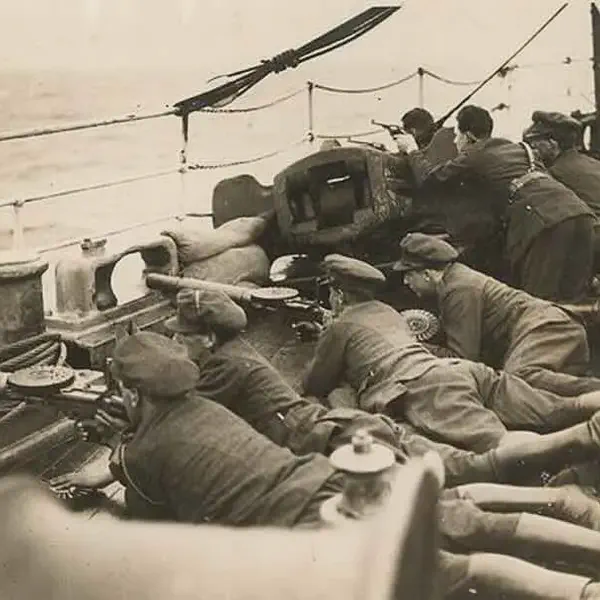
The Irish Civil War Starts in Ireland on June 28, 1922
June 28, 1922
The Irish Civil War was a conflict that took place in Ireland from June 28, 1922, to May 24, 1923 was a conflict that followed the Irish War of Independence and accompanied the establishment of the Irish Free State, an entity independent from the United Kingdom but within the British Empire. It was a consequence of the Anglo-Irish Treaty of December 1921, which led to the establishment of the Irish Free State (now the Republic of Ireland) as a self-governing dominion within the British Commonwealth.
The civil war was waged between the Provisional Government of Ireland and the anti-Treaty Irish Republican Army (1922–1969) (IRA) over the Anglo-Irish Treaty
The treaty, which ended the Anglo-Irish War (1919-1921), was accepted by some political leaders in Ireland but rejected by others, particularly those who opposed the compromise it represented. The main point of contention was the provision that required an oath of allegiance to the British Crown, causing a deep divide among Irish republicans.
The conflict essentially pitted pro-Treaty forces, who supported the establishment of the Irish Free State and its treaty with Britain, against anti-Treaty forces, who opposed the treaty and sought to establish an Irish Republic free from any connection to the British Crown. The Irish Civil War was marked by intense fighting, with both sides committing atrocities and causing considerable destruction.
Ultimately, the pro-Treaty forces, led by figures like Michael Collins and Richard Mulcahy, emerged victorious. The anti-Treaty forces, including prominent republicans like Éamon de Valera, opposed the new state but eventually entered the political process. The civil war had a profound and lasting impact on Irish politics and society, shaping the trajectory of the Irish Free State and its subsequent development into the Republic of Ireland.